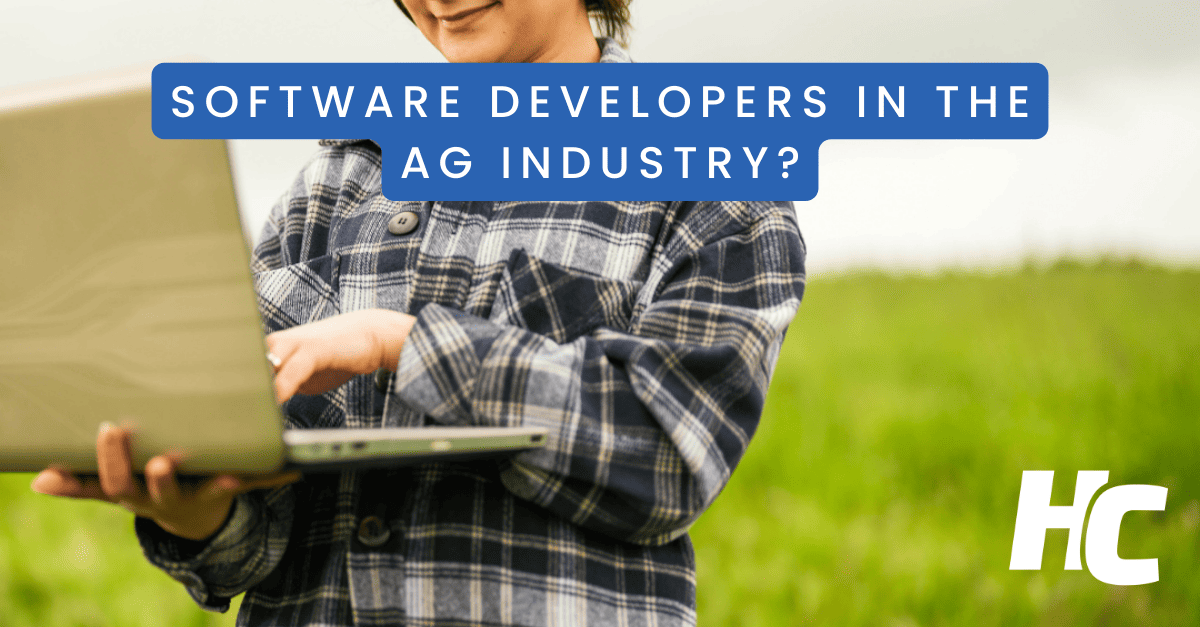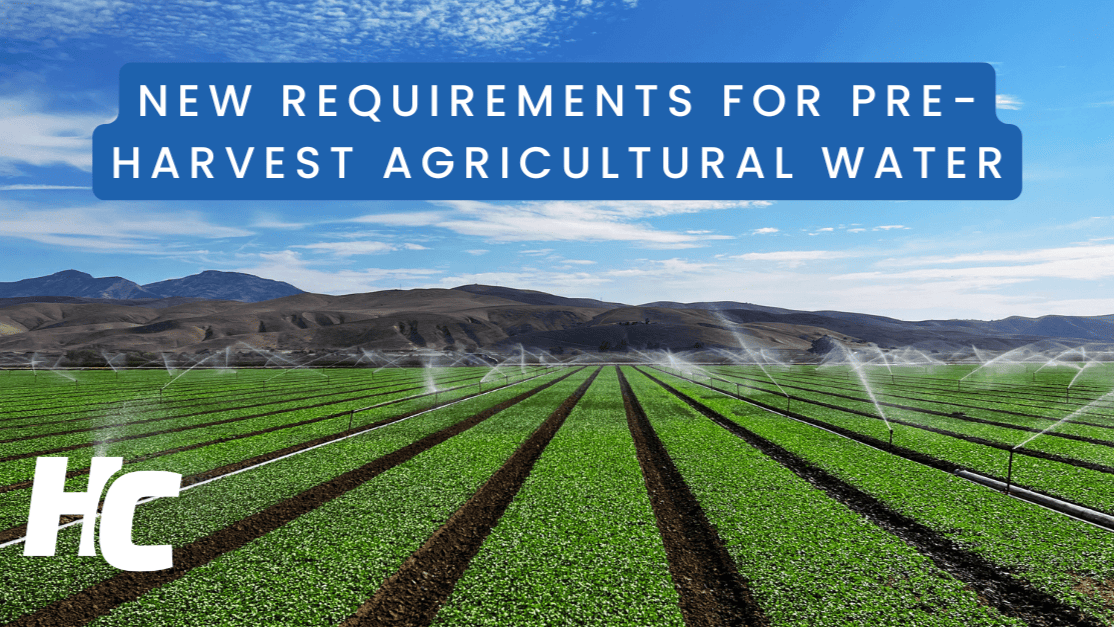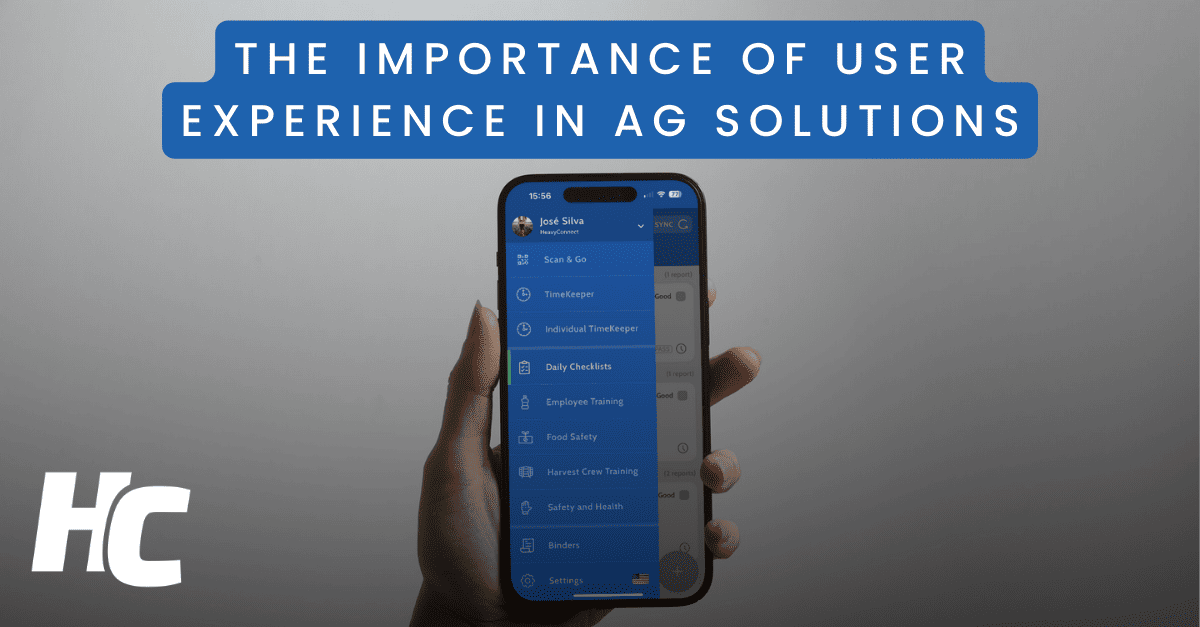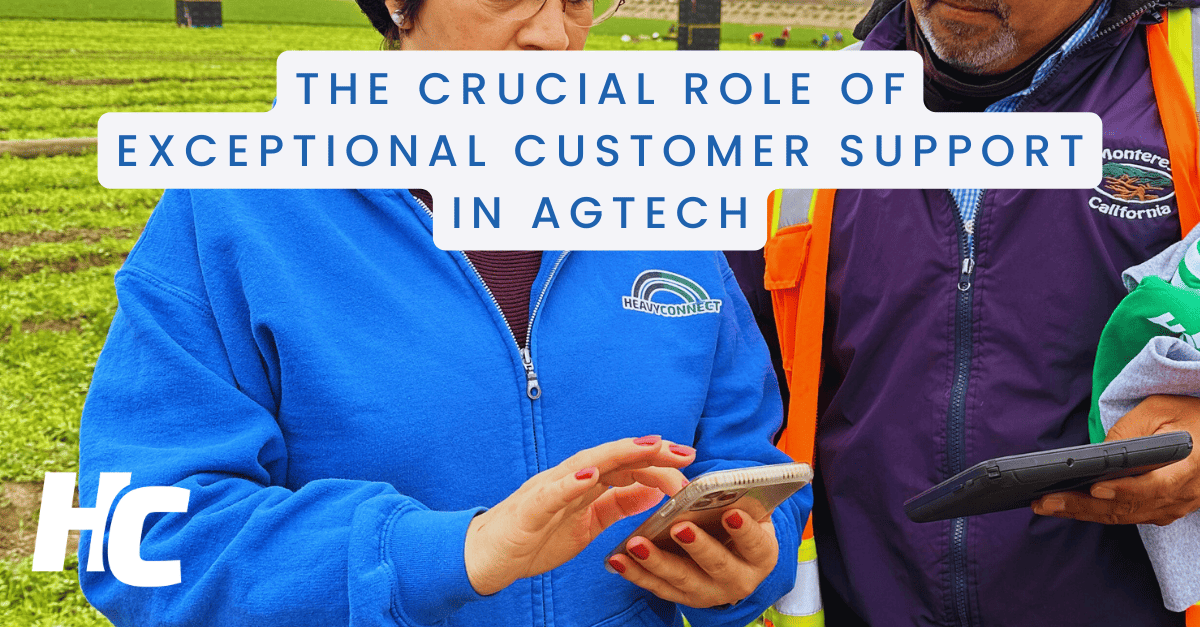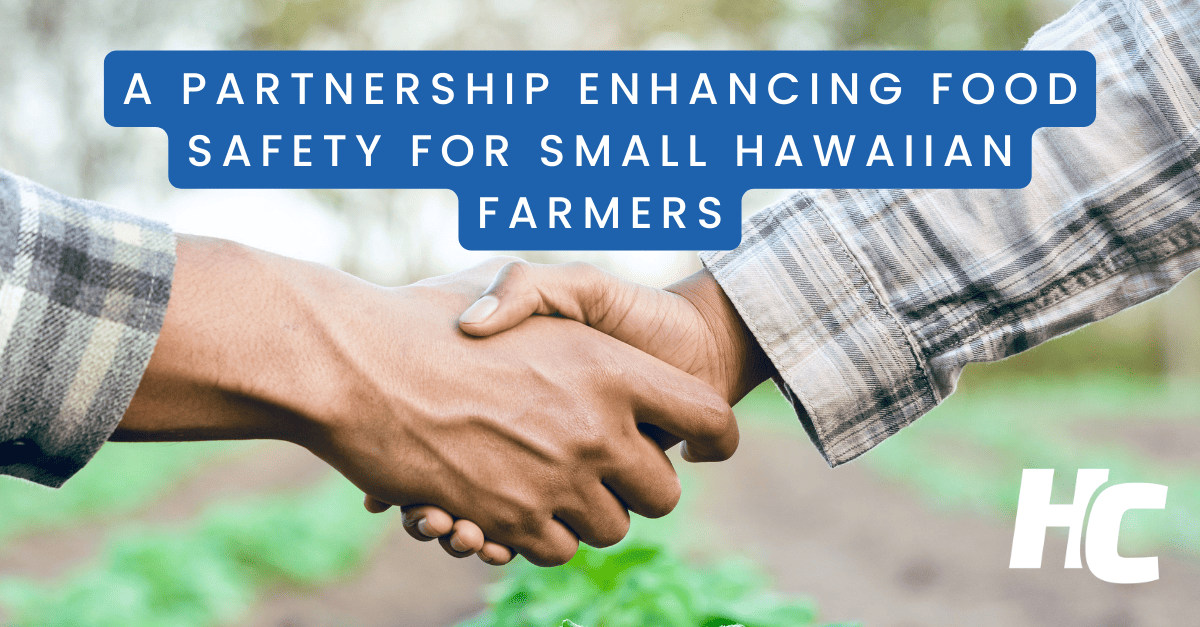The economy and job market post COVID-19 is still finding its footing, while in many ways the economic outlook has been ok, there are still the ramifications of years of higher inflation and shifting markets. With the tech industry going through a bear cycle as seen in layoffs across the industry, there is currently a higher supply of software developers (albeit some at a junior level) than there has ever been in the past. Where will these skilled workers go?
Some will change careers, some will remain in tech, but a not so insignificant portion are poised to go into industries like healthcare, government jobs, and agriculture. For many in the Agriculture industry, this may seem obvious. The rise in ag tech companies over the past 10 years has been significant, and I'm sure most people inboxes are aware of every "game-changing startup that will revolutionize the ag industry". But that's not exactly what I mean by software developers going into industries like agriculture. I do think there will continue to be a rise in AgTech companies which is a good thing, but my main point is that there will be an increase in software developers on the production side – employed by the farmer, by the grower distributor, by the farm labor contractor. This shift won't be exclusive to major corporations, I foresee mid-sized orgs and beyond integrating software developers and data scientists into their teams.
The increased supply of software developers, fueled by both domestic talent and an influx in overseas recruitment, is driving down labor costs. Additionally, the data and tools that a software developer can unlock from existing systems and processes can provide significant value to agricultural operations. This combination of lower costs and high potential value makes it increasingly attractive for agricultural companies to bring software development capabilities in-house.
As agricultural operations become more data-driven and technology-dependent, having developers who understand both the technical and agricultural sides of the business will become a competitive advantage. These developers can help integrate existing systems, build custom solutions for specific operational needs, and extract insights from the vast amounts of data that modern agricultural operations generate.
The future of agriculture is increasingly digital, and software developers will play a crucial role in shaping that future, not just from the outside as vendors, but from within agricultural organizations themselves.
